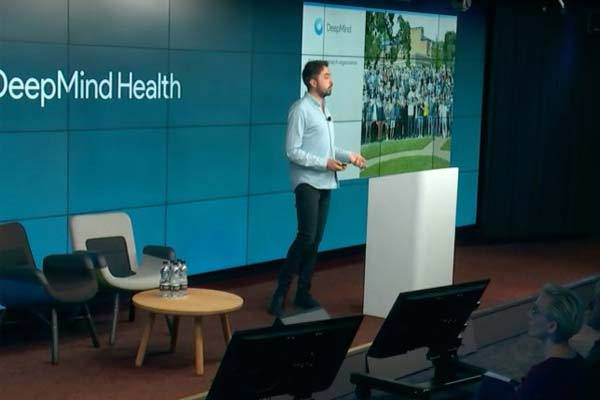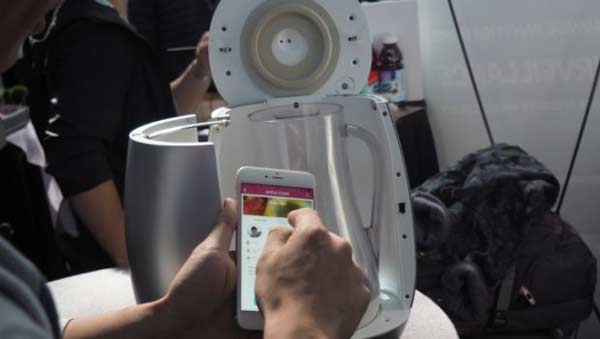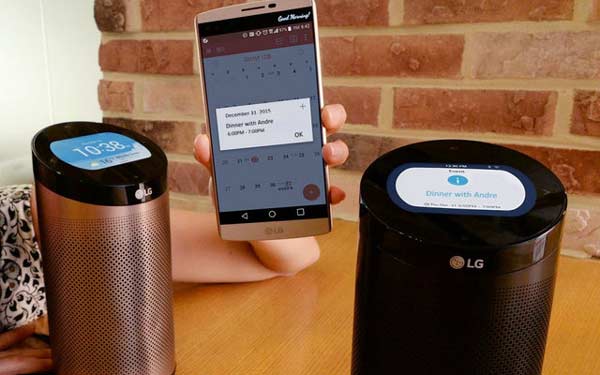It is satirical that DeepMind has a new and improved mantra for health-care push that has been aired by Mustafa Suleyman, its co-founder, during an outreach event for patient. Apparently, the patients were supposed to listen to what the Google-owned firm intends to build with the data of U.K. National Health Service, which is disturbingly close to the previous one that humiliatingly didn’t fall in favour.
Suleyman, the co-founder, cited the Hippocratic pledge while discussing about his takeaways from the feedback of the patients in regards to his firm’s plans. According to the responses he received, Sulayman flagged some of the takeaways, one being the importance of widening patient engagement access channels. He saw it unfortunate that the event took place in the central London office of Google, which is rather intimidating to respondents. This gave birth to the need of locating new community spaces that are more accessible to diverse groups of people.
Sulayman saw it appropriate to formalize the process of paying attention to patients, by ensuring that the patient contributions are paid as well as other people around the table. He sees it best that such kinds of session should take place during the evening when the different stakeholders have the time to be involved in the process.
The AI division of alphabet mentioned that it anticipates defining what it labels as patient involvement approach come 2017.

Scrutiny and Disagreements
From the look of things, seems more of a response to earlier generated controversies of the year by the first publicly announced collaboration of DeepMinds with NHS Trust, the royal free. The project experienced criticism, which significantly focused on the patient identifiable data that the firm had access to in order to power the application without the knowledge or consent of the patients.
Royal free and DeepMind have maintained that they don’t require patient consent while sharing the data at that instance as the application is meant for direct care for patients. The firm has continuously emphasized on this point in their website on; the section referred to as information governance.

ICO, the data protection watchdog of U.K, is in the process of investigating on the claims concerning the Streams application. Also the NDG (National Data Guardian) that is tasked to ensure the health data of citizens is properly protected, takes a close look on how the data is shared. Streams hadn’t been registered as a medical gadget before it was tested in the hospitals, however it should have according to MHRA regulatory body.
DeepMind currently has a health website section labelled ‘for patients’, where it has made a point of describing its purpose for creating patient involvement that is meaningful and has also made claims on including patient and public involvement at each stage of the project. Sulayman mentioned during a session the advantages of sharing health data of patients and the outcome, which modelled a solid description that indirectly protected their actions.
Payment by Results
While on the business model, Sulayman made a suggestion of a payment method by using the results model whereby the thinking of Google is at a promising stage, while it continues to seek access to vast public health data-sets in order to feed their machine algorithms it hopes to bares fruits in due time.

The co-founder stated that there is need to build a business model that is sustainable and has been clear about it from the onset. The firm has avoided nailing it down earlier. The advantage is that the firm has adequate resources needed to explore what the operative business prototypes would be while around the interventions in order to get enumerated for their service, the extensive majority.
The firm wants to be remunerated at least a portion of the actual tangible clinical result. Being an era where patients have the capacity to play active roles in identifying the important metrics to patients, hospitals in terms of efficiency. It may be challenging but the firm is committed to attempting to innovate on it just as they do in technology.
Conclusion
From an overall point of view, it seems that DeepMind is prepared to invite reproach and most importantly pay individuals to be part and parcel of the rigorous procedure. The firm has tried to put both voices of patients and clinicians at the heart of what they do but sees it crucial to involve the public in order to help them determine how they will design and build on their clinical app.






No Comments so far
Jump into a conversationNo Comments Yet!
You can be the one to start a conversation.